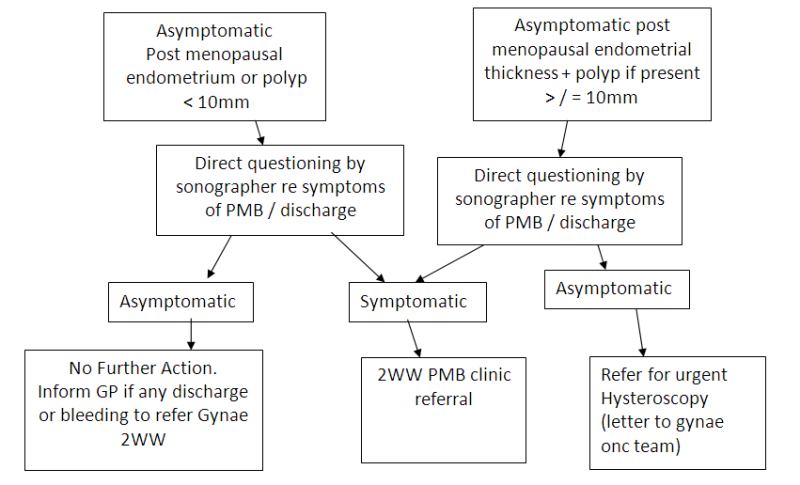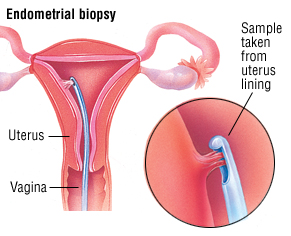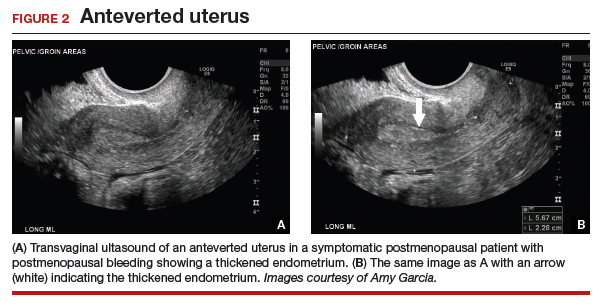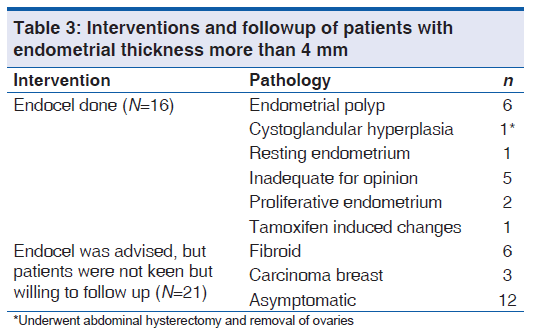This is the layer of cells that line the inside of your uterus when your endometrium thickens it can lead to unusual bleeding.
Thickening of the womb lining after menopause no bleeding.
Endometrial hyperplasia thickening of the uterine lining.
Endometrial hyperplasia refers to the thickening of the endometrium.
Endometrial hyperplasia is caused by a presence of excessive cells in the lining of the uterus.
You have a higher risk of developing womb cancer if you have this thickening especially if the extra lining cells are abnormal.
Endometrial hyperplasia is a non cancerous benign condition where the lining of the womb becomes thicker.
Confirmation may be done using endometrial biopsy.
If a woman who has already gone through menopause suddenly has bleeding and an ultrasound test shows that her uterine lining is thicker than 4 to 5 mm she may need an endometrial biopsy to make.
After menopause you may have too much estrogen and too little progesterone.
Endometrial thickness must be evaluated together with endometrial morphology as well as risk factors for malignancy when considering endometrial sampling.
Endometrium thickening may cause bleeding after menopause but even without bleeding the possibility of endometrial cancer cannot be ruled out.



























